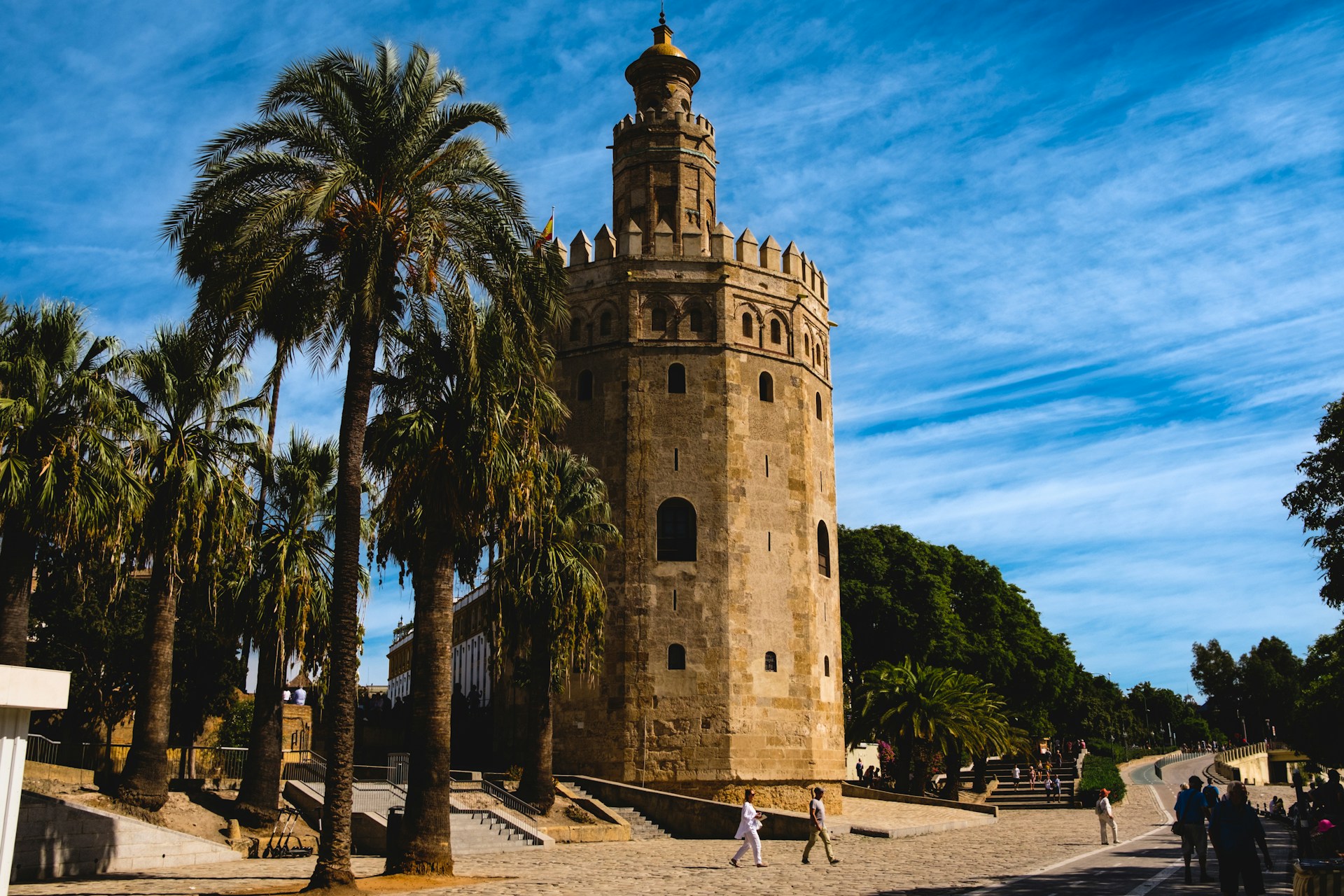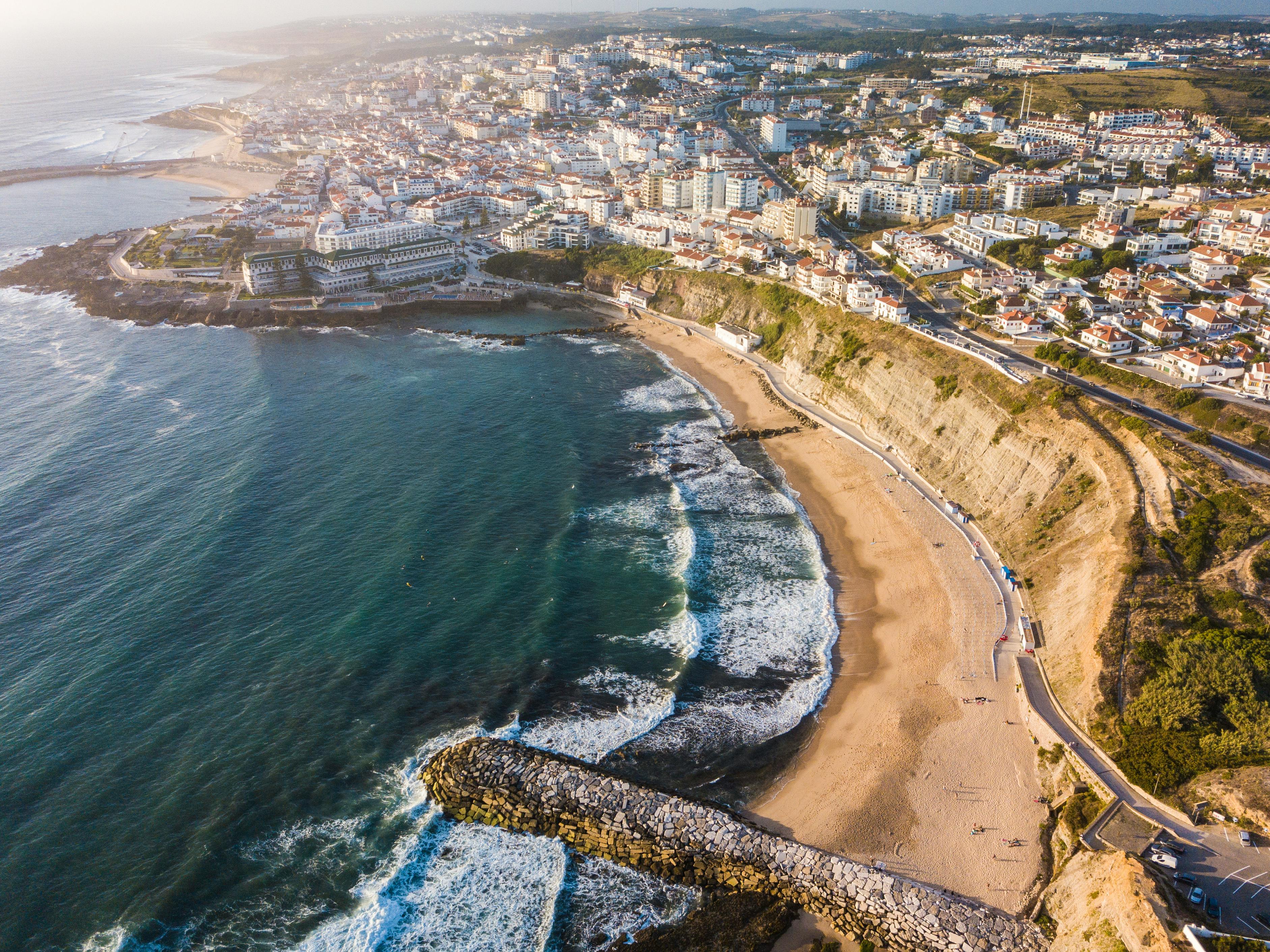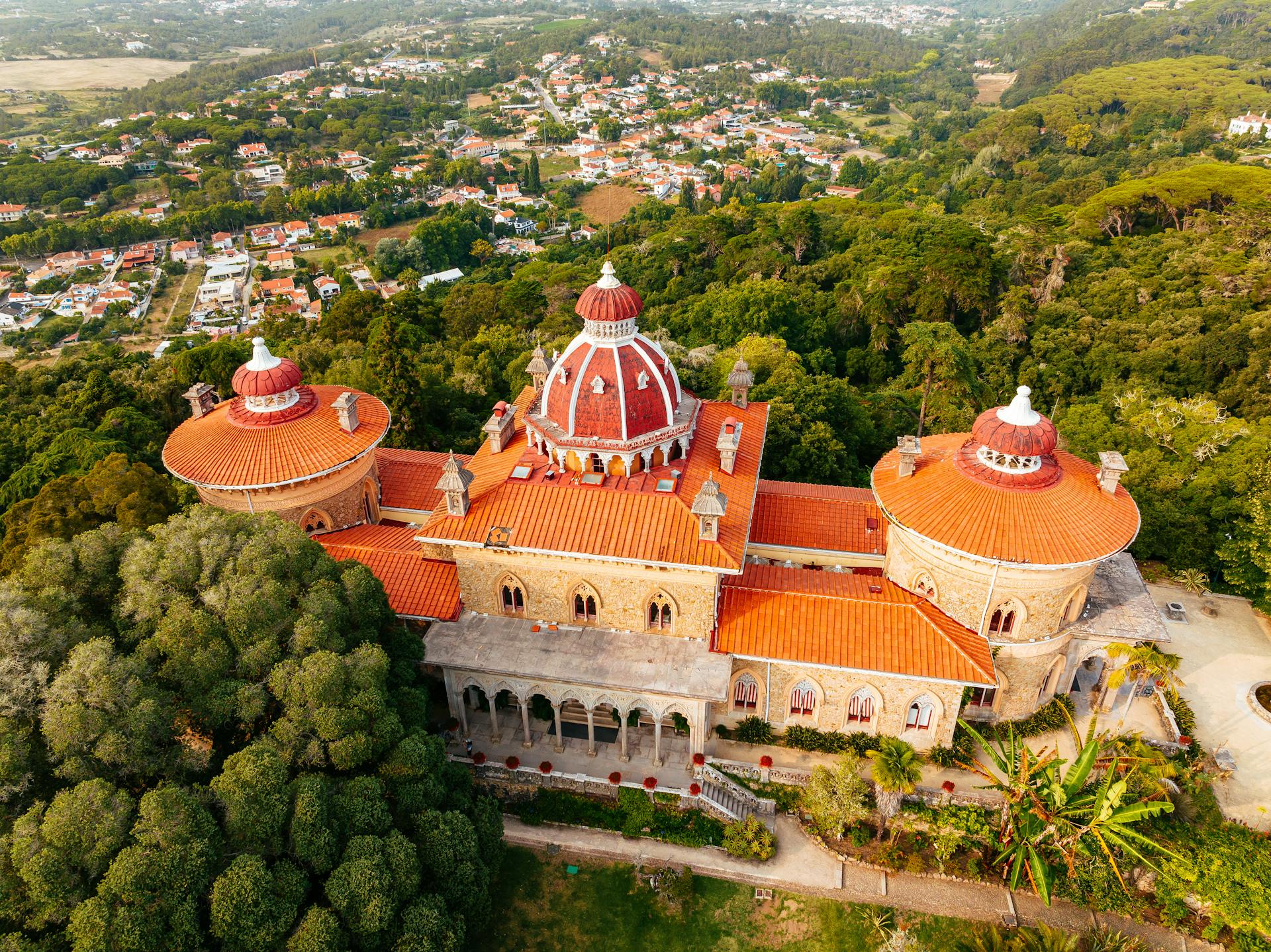New Foreigners Act in Portugal: What Changes?

- Remove the current class from the content27_link item as Webflows native current state will automatically be applied.
- To add interactions which automatically expand and collapse sections in the table of contents select the content27_h-trigger element, add an element trigger and select Mouse click (tap)
- For the 1st click select the custom animation Content 27 table of contents [Expand] and for the 2nd click select the custom animation Content 27 table of contents [Collapse].
- In the Trigger Settings, deselect all checkboxes other than Desktop and above. This disables the interaction on tablet and below to prevent bugs when scrolling.
The Portuguese government has updated its core immigration framework, the Foreigners Law (Lei dos Estrangeiros), affecting everyone from prospective residents moving to Portugal to long-term residents nearing citizenship. These measures, now in force, include stricter criteria for citizenship, tighter restrictions on the job seeker visa, and new processing deadlines for the AIMA agency. The updates are driven by two factors: a push to simplify initial visa applications and a counter-measure to reinforce the requirements for getting Portuguese citizenship.
What Is the New Immigration Law in Portugal: Two Core Changes
The updates under Law 61/2025 (published on October 22, 2025) focus on making the initial entry easier, but the long-term commitment to citizenship clearer. A separate Nationality Law amendment, still awaiting presidential promulgation, will raise the minimum residency period to obtain citizenship from 5 to 10 years (7 years for citizens of the Community of Portuguese Language Countries, “CPLP” according to its Portuguese acronym).
1. Visa Applications and Residence Permits Are Simpler
The government’s primary goal in reforming Portugal’s law for foreigners is to reduce bureaucracy. The process for first-time residence permit applications and renewals for specific categories is being streamlined, aiming for more efficiency and digital interaction.
According to the official communication, "visa applications and residence permits will be simpler". This simplification involves:
- Digital Prioritization: Initial document submissions and many renewals are now moving online. This is intended to bypass the historically long wait times for certain in-person services.
- Faster Processing: There is a concerted effort to accelerate the processing of visas and residence permits for essential workers and highly qualified professionals.
2. Citizenship Requirements Are Stricter
The path to a Portuguese passport now has reinforced rules. The Government has emphasized that a proven, genuine link to the country is mandatory. Key changes include:
- Heightened Scrutiny: Expect more detailed checks on your genuine ties to Portugal—evidence of professional integration, consistent tax compliance, and community participation.
- Rigorous Time Calculation: New guidelines ensure the five-year period is calculated based on valid, uninterrupted legal residence with current permits. Loopholes relying on application dates for expired or pending permits are being closed.
Path to Residency: The New Highly Qualified Work-Seeking Visa
The new legal framework has significantly tightened the rules for those seeking employment.
The previous, general Job Seeker Visa (Visto para Procura de Trabalho) has been abolished, and it will be replaced by a much more restrictive Highly Qualified Work-Seeking Visa aimed only at professionals with specialized technical competencies.
- Eligibility: This new visa is strictly limited to individuals with advanced qualifications and specialized technical skills. The specific list of qualifying professions is still pending final government regulation.
- Application Status: Applications for this new visa are not yet open. This is because the necessary government regulations, which define the 'highly skilled' criteria, have not been finalized. Consequently, all prior Job Seeker Visa appointments were immediately canceled (effective October 23, 2025).
Key Restrictions (Applicable Once the New Visa Is Launched):
- Stay Limit: Grants a legal stay of 120 days (four months), extendable once for an additional 60 days (total 180 days).
- Territorial Limit: The visa is only valid for Portuguese territory. It no longer grants the automatic right to travel freely within the Schengen Area.
- Failure to Secure a Job: If a contract is not secured within the maximum 180-day period, the holder must leave Portugal and wait one full year before reapplying.
Alternative Visa Routes
For non-EU citizens, other key routes remain active for obtaining a Temporary Residence Permit:
- D3 Visa: For highly qualified professionals with an existing employment contract.
- D8 Visa: For Digital Nomads/Remote Workers.
- D7 Visa: For Passive Income earners.

The 10-Year Marker: The New Path to Citizenship
Understanding what comes after temporary residency is essential for anyone planning to make Portugal their long-term home. This section tackles two of the most common questions residents face: What happens after five years of living in Portugal? And how long must I actually reside to qualify for Portuguese citizenship?
Permanent Residency After 5 Years
After five years of legal and continuous temporary residence, you become eligible to apply for a Permanent Residence Permit. This permit formalizes your long-term status and grants you the right to reside in Portugal on a stable basis. This 5-year term, however, may change in the future.
Portuguese Citizenship (Naturalization): The New 10-Year Requirement (Not Yet Law)
The path to acquiring Portuguese Citizenship (Naturalization) may soon be redefined. The minimum residency period required for citizenship of 5 years, as detailed in the existing rule for Portuguese citizenship, could be increased to 10 years for the vast majority of applicants:
- New Minimum Residency: The forthcoming law, approved by Parliament but not yet promulgated by the President, will require 10 years of legal residence for most foreign nationals. This is the timeline you should plan for. (The period is set at 7 years for EU and CPLP citizens.)
- The Citizenship Clock: If the new rules take effect, the countdown to citizenship will start only from the date the first residence card is actually issued, rather than the date of application. This effectively lengthens the overall waiting period.
- Stricter Integration: All applicants will have to pass the A2-level Portuguese language test, and the new law will also require stronger evidence of a "genuine connection" to the country, likely involving knowledge of Portuguese culture and civic duties.
Crucial Transition Note:
The 5-year residency rule remains the official legal framework for naturalization, but this window is closing. Parliament already approved the shift to 10 years, and the new law is simply awaiting the President's promulgation and subsequent publication in the Diário da República. Only applications submitted before the new law takes effect will be assessed under the current 5-year rule.
Family Reunification: Stricter Rules and Waiting Periods
The new law introduces a minimum residency period and new integration requirements for family members joining the primary resident:
- Mandatory Waiting Period: The primary resident must now hold a valid permit for a minimum of two full years before applying for family reunification for a spouse or adult dependent in most standard cases.
- Exceptions: This waiting period is waived for minor children and family members of highly qualified professionals (EU Blue Card).
- Stricter Integration: Reunited family members must now attend Portuguese language and civic values training, and demonstrate proof of adequate, stable housing and sufficient income without relying on social support for renewal.
Misconception: Can I Get Permanent Residency in Portugal if I Buy a House?
This is a common and outdated belief.
- Buying property does not automatically grant permanent residency.
- The previous Golden Visa scheme that linked residency directly to property purchase has been phased out or severely restricted to specific non-real estate investments.
- For the vast majority of expats, home ownership is a private investment, not an immigration pathway. You must qualify for residency based on your income, purpose of stay, or employment status.
Case Study: Sofia's Residency Journey
Note: This is a fictional example used solely for illustrative purposes.
Let’s have a look at how the new law would play out for Sofia, a 40-year-old marketing specialist from Brazil, who secured a work contract in Porto that starts next month.
- Visa Application: She submits her D Visa application with her employment contract. She benefits from the new process that prioritizes digital submission and faster processing for workers.
- Arrival and Residency: She arrives and applies for her Temporary Residence Permit. The simplified system allows her to complete this quickly, receiving her initial 2-year permit.
- Long-Term Plan: After 7 years of working and renewing her permit, Sofia applies for citizenship (as a CPLP citizen, she qualifies for the shorter minimum residency period of 7 years instead of 10 years). She must demonstrate she has filed her Portuguese tax return every year and passed the A2 language exam to prove her genuine link, satisfying the stricter requirements of the New Foreigners Act.

The Three Critical Mistakes to Avoid
The new system demands higher standards of compliance. Avoid these common errors:
1. Ignoring Tax Residency
- The Mistake: Failing to recognize that residency status and tax residency are distinct but related. Spending more than 183 days (consecutive or not) in Portugal in any 12-month period, or having an abode there with the intent to keep it as your habitual residence, makes you a tax resident.
- The Consequence: Failing to file a Portuguese tax return (IRS) for your worldwide income and comply with potential new criteria, such as the IFICI tax regime (commonly known as NHR 2.0), is a serious legal and financial breach. This can result in fines, back taxes, and interest, and may be viewed negatively during any future status renewal or citizenship application.
2. Allowing Lapses in Legal Status
- The Mistake: Allowing a residence permit (like a D7 or Golden Visa card) to expire, even briefly, before applying for its renewal or for citizenship.
- The Consequence: The legal countdown for citizenship requires uninterrupted legal residence. A lapse in your legal continuity could interrupt the clock and force you to restart or delay your naturalisation process. While the government has extended the validity of some expired documents post-2020, relying on these temporary measures is highly risky for a citizenship application.
3. Misusing the Job Seeker Visa (Important Update)
- The Mistake: Under the previous system, this meant entering and not submitting a residence application within the 180-day maximum limit, resulting in becoming an irregular migrant.
- The Current Reality: The original Job Seeker Visa was recently abolished, and a new, highly restrictive "Highly Skilled Job-Seeking Visa" has been introduced.
- The New Consequence: The new visa is extremely limited (120-day maximum validity, only for highly skilled professionals, and does not grant Schengen travel). Crucially, if you do not secure employment within 120 days, you face mandatory exit from Portugal and a waiting period of one year before reapplying. The replacement Highly Skilled Job-Seeking Visa cannot be applied for yet, as its regulations are still being drafted.
Checklist for Entry and Residency
- NIF: Obtain your NIF (Portuguese tax ID) immediately. This is necessary for everything from opening a bank account to signing a lease contract.
- Proof of Funds: Ensure bank statements clearly demonstrate the required monthly income or savings for your specific visa type.
- Local Registration: Register your address with the local Junta de Freguesia (parish council) immediately upon securing a long-term rental.
- Compliance Schedule: Plan for tax filing. Establish a timeline for your annual tax return (Modelo 3) submission.
- Language Plan: Start Portuguese lessons. A2 proficiency is mandatory for citizenship.
Securing The Move
The path to residency requires a solid financial strategy, and tax status is often the most complex aspect of relocation. When dealing with global assets, securing global tax services with the help of a chartered tax advisor is the best way to ensure that your financial interests are managed with care.
At Tytle, we provide global tax services, including:
- Accounting/bookkeeping
- Accurate tax filing
- Estate planning
- Cross-border advice
- Immigration services
- And much more!
For more international tax advice, feel free to explore: “Property Taxes in Portugal: 2025 Guide for Buyers and Owners” and “Rental Income Tax Rules in Portugal for Non-Resident Landlords”.
See our latest articles
Get affordable tax help in Portugal now!




.png)

























.webp)
.webp)



.webp)
.webp)

.webp)


.webp)





